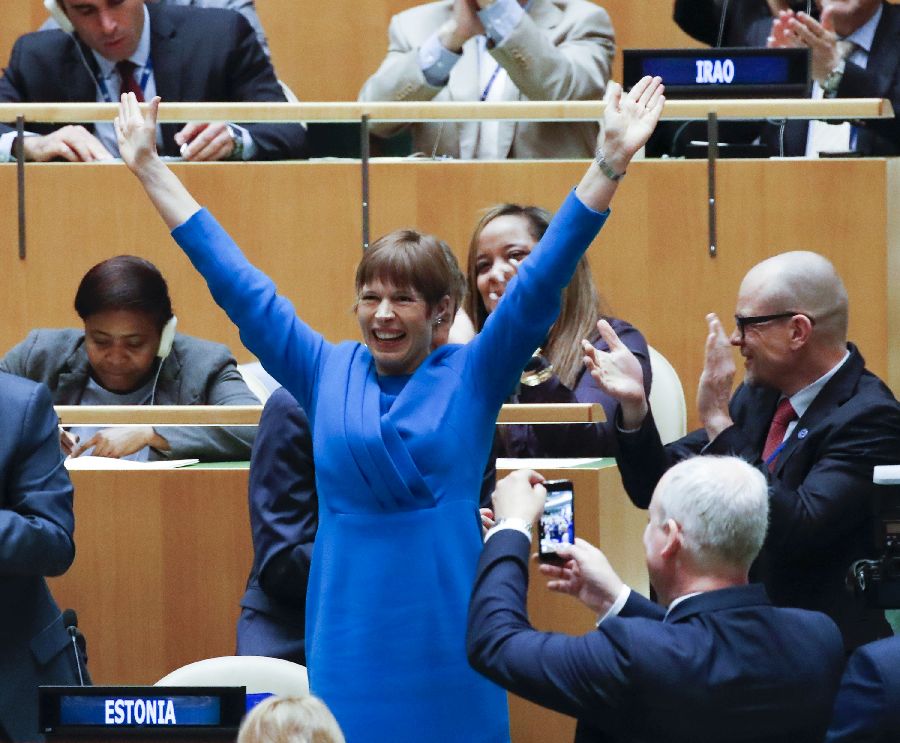The August issue of Diplomaatia largely focuses on Estonia’s election (in June) as a non-permanent member of the UN Security Council. There is no doubt that this will provide Estonia a fantastic opportunity to have a say on global issues, and communicate with distant countries little known to us, as never before. This is a great challenge for our diplomats and politicians.
Margus Kolga writes about the purpose of the Security Council. Paul Teesalu, Undersecretary for Political Affairs at the Estonian Ministry of Foreign Affairs, describes how Estonia was accepted into the Security Council and writes about Estonia’s plans on this global stage. “Our performance at the Security Council will bring Estonia maturity, experience, foresight and global acknowledgement. It will gain us new friends and help take relations with old ones to an entirely new level,” says Teesalu.
Diplomaatia’s interview with Russian observer Dmitri Trenin provides an insight into Russia’s views on what is happening in the Security Council. “… the Security Council’s role has basically remained the same as it was during the Cold War,” says Trenin. “The difference is that, while the US’s and USSR’s positions were the only ones that carried importance in the 20th century, now the opinions of the US, Russia and China must all be considered.”
International commentator Toomas Alatalu believes that Russia has upped the ante in celebrating its victory in the so-called Great Patriotic War. “Since, in the opinion of many parties, several important issues caused by the grouping and regrouping of states and nations due to the Molotov–Ribbentrop Pact during World War II haven’t been fairly resolved to this day, the dispute over explaining and evaluating what happened during the war will continue,” he writes.
Observer Heino Ainso draws parallels with history in exploring Russo-German cooperation. “After World War I, the Soviet Union started to develop its military potential with the help of German industry. Putin is doing the same today,” states Ainso. “Putin wants to make Russia a significant and great military force again, while Germany is endeavouring to become an economic powerhouse.”
Üllar Peterson, a researcher on the Middle East, writes about developments in Syria. Aimar Ventsel and Erkki Bahovski review new publications on international policy.
This article was published in ICDS Diplomaatia magazine.

